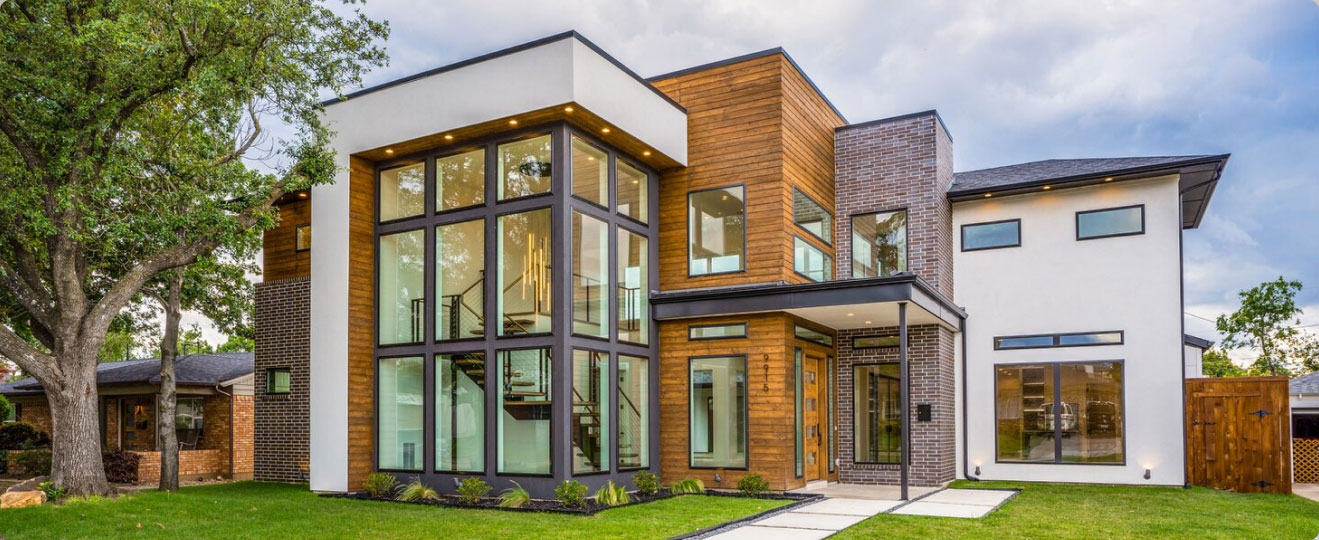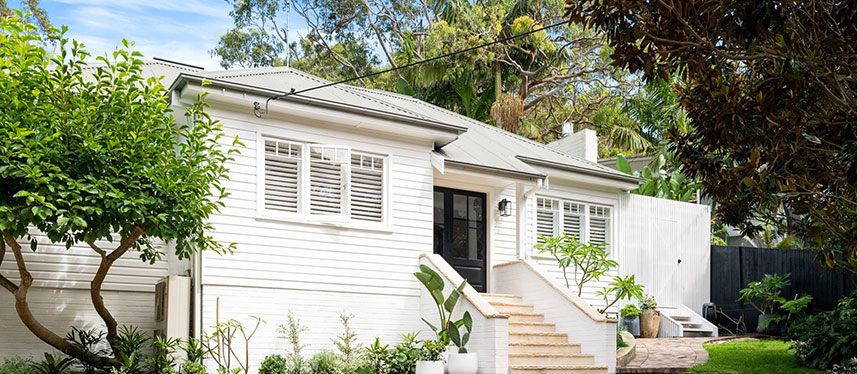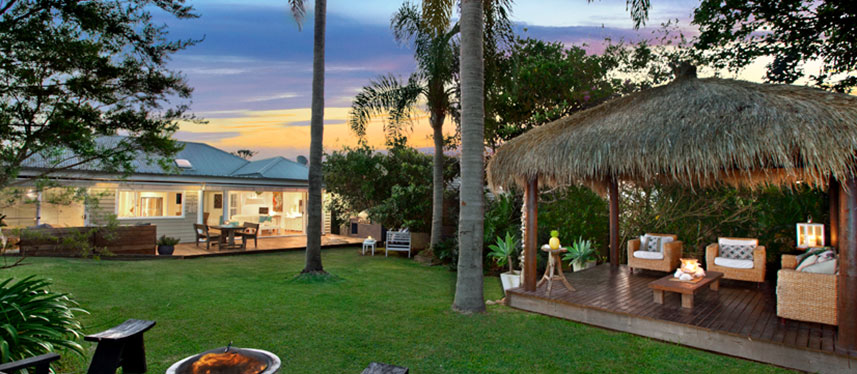
Introduction
Garage Conversions in Sunnyvale offer more value and utility to your property. You can add a new room for guests or a cozy private space With the growing demand for additional living areas, a Garage Conversion is a popular choice in Sunnyvale.However, before you start the work on garage conversion in Sunnyvale, then you need to know about some of the important rules and regulations. Let us take a look at some of the key things that you should know before you plan for the project.
Essential Garage Conversion Rules for Sunnyvale
What you can build
Maximum Size
You can build up to 500 square feet for a garage conversion, providing ample space for various uses.
Side/rear setbacks
Maintain a minimum setback of 4 feet from the side and rear property lines to comply with regulations.
Height limit
The height of the conversion should not exceed 16 feet, ensuring it blends well with existing structures.
Building separation
Ensure at least a 10-foot separation between the garage conversion and the main dwelling to meet safety standards.
Permitting Process Timeline
Standard
The standard process for permits takes around 8 weeks from submission to approval.
Historic Property review
For properties with historic significance, the review process may extend to 12 weeks to ensure compliance with preservation guidelines.
Zoning Regulations in Sunnyvale
It is also important to follow different zoning regulations in Sunnyvale. These regulations describe what and how you can build.
Garage Conversion Size Limitations:
| Zoning District | Maximum Floor Area Allowed |
| R-1 (Single Family) | 600 square feet |
| R-2 (Two Family) | 800 square feet |
| R-3 (Multifamily) | 1,000 square feet |
| R-4 (Neighborhood Mixed Use) | 1,200 square feet |
Height Limitations
The height for garage conversions should not go beyond 16 feet to maintain neighborhood aesthetics.
Building Coverage
Ensure that the conversion does not exceed 50% of the existing building’s footprint.
Location
| Property Type | Location Requirement |
| Single-Family Homes | Should be situated in the backyard or side yard. |
| Duplex | Can be attached or detached in the rear yard. |
| Multifamily | Preferably detached and placed in the rear. |

Exterior details
The exterior should match the primary residence to ensure a cohesive look.
Setbacks and Buffer Zones
Maintain a 4-foot setback from all property lines to comply with local zoning laws.
Minimum Lot Area
Connection for Utilities
Ensure proper connections to existing utilities like water, electricity, and sewage.
Fire safety
Incorporate fire safety measures such as smoke detectors and fire-resistant materials in the conversion.
Room specifications
- Living Area: Should be at least 150 square feet to ensure a comfortable space.
- Kitchen: Must include basic appliances and a minimum of 50 square feet.
- Bathroom: Needs to be at least 30 square feet with essential fixtures.
- Ceiling Height: Maintain a minimum ceiling height of 7 feet for a spacious feel.
Short-term Rentals and Home Occupations Regulations
Short-term rentals and home occupations must adhere to specific guidelines in Sunnyvale.
Building Codes
Follow all local building codes to ensure the safety and legality of the garage conversion.
Sunnyvale Garage Conversion Permit Guidelines
| Permit Type | Description | Estimated Fee |
| Building Permit | Required for construction | $500 |
| Electrical Permit | Needed for electrical work | $150 |
| Plumbing Permit | Needed for plumbing installations | $200 |
| Mechanical Permit | Required for HVAC systems | $250 |
| Planning Review | Review of plans for compliance | $300 |
Property Requirements
The property must meet specific zoning and safety standards for conversion approval.
Parking
Provide at least one additional parking space on the property.
Front Setbacks
Maintain a minimum front setback of 20 feet from the property line.
Side and Rear Setbacks
Ensure a 4-foot setback from the side and rear property lines.
Open Space and Rear Yards
Ensure at least 10% of the lot is dedicated to open space or rear yard.
Properties That Qualify
Properties must meet zoning regulations and have sufficient lot area for conversion.

Development Standards
Single-family Homes
Conversions should not exceed 600 square feet and must match the primary home’s aesthetics.
Multi-family Properties
Allow for larger conversions up to 1,000 square feet, considering shared spaces.
Duplex Properties
Each unit can add a conversion up to 800 square feet.
Property Designations
- Flood Zones: Conversions in flood zones must include elevated designs and flood proof materials.
- Easements: Ensure no construction occurs over existing easements to avoid legal issues.
- Historic Properties: Conversions on historic properties must preserve the original character and follow specific guidelines.
Summary
Garage Conversions in Sunnyvale can give you a great value, only if you adhere to local rules and guidelines. We help you with careful planning and understanding of zoning regulations, building codes, and permit requirements to ensure a smooth and successful conversion.
FAQs
Yes, you can convert a detached garage in Sunnyvale, following local regulations and permit requirements. Detached garages provide a flexible option for conversion, allowing you to create a separate living space, home office, or guest suite while maintaining privacy and independence from the main house.
Yes, all types of garage conversions in Sunnyvale require permits to ensure they meet building codes and safety standards. The permitting process helps ensure that your conversion is safe, legal, and up to code, protecting both your investment and the well-being of future occupants.
The maximum height for a garage conversion in Sunnyvale is 16 feet. This height restriction is in place to ensure that the converted structure blends harmoniously with the surrounding neighborhood and does not obstruct views or create an imposing presence.
Yes, you can use your converted garage as a short-term rental, but you must comply with local rental regulations. This includes obtaining the necessary permits, adhering to occupancy limits, and ensuring the space meets safety standards to provide a comfortable and secure experience for your guests.
Yes, garage conversions in Sunnyvale must include smoke detectors and use fire-resistant materials. These fire safety measures are crucial to protect the occupants and the property from potential fire hazards, ensuring a safe living environment.
Yes, the lot must be at least 5,000 square feet to qualify for a garage conversion. This minimum lot size ensures that there is adequate space for the conversion while maintaining sufficient open areas and setbacks to comply with zoning regulations and provide a pleasant living environment.
Yes, you can include a kitchen, provided it meets the minimum size and appliance requirements. A functional kitchen can significantly enhance the usability of your converted space, making it suitable for long-term living or as a fully-equipped guest suite.
Yes, historic properties must preserve their original character and follow specific guidelines for conversions. These guidelines ensure that any modifications respect the historical significance and architectural integrity of the property, preserving its heritage for future generations.
A minimum of 4 feet from the side and rear property lines is required. Setbacks are essential to maintain privacy, provide sufficient space for landscaping, and ensure that the conversion does not encroach on neighboring properties.
Yes, all garage conversions must adhere to local building codes for safety and legality. These codes cover various aspects such as structural integrity, electrical and plumbing systems, insulation, and accessibility, ensuring that the converted space is safe and habitable.
Yes, you can convert your garage into a home office, adhering to local zoning and building regulations. A garage conversion into a home office can provide a quiet, dedicated workspace, increasing productivity and separating work from home life.
Yes, you must provide at least one additional parking space on your property. This requirement ensures that the conversion does not reduce the overall parking availability, accommodating both existing and new residents or guests.
Yes, converting your garage into a guest house is allowed, following local guidelines. A guest house can provide a comfortable and private space for visitors, enhancing your property’s functionality and value.
Yes, the height should not exceed 16 feet to maintain neighborhood aesthetics. Keeping within the height limit helps ensure that the conversion blends well with surrounding structures and does not create an imbalance in the local streetscape.
Yes, multifamily properties can have garage conversions, following specific size and location requirements. Converting garages in multifamily properties can provide additional living space or amenities, enhancing the property’s appeal and functionality.
Yes, a planning review is required to ensure compliance with local regulations. The planning review process evaluates the proposed conversion’s design, location, and impact on the surrounding area, ensuring it aligns with community standards and zoning laws.
A minimum of 4 feet from the side and rear property lines must be maintained. Setback requirements help provide sufficient space for landscaping, access, and privacy, ensuring the conversion fits well within the property boundaries.
Yes, proper connections to existing utilities like water, electricity, and sewage are necessary. Ensuring these connections are properly installed is crucial for the functionality and comfort of the converted space, making it suitable for habitation or use.
Yes, but conversions in flood zones must include elevated designs and floodproof materials. These measures help protect the converted space from potential flooding, ensuring the safety and durability of the structure in flood-prone areas.
Rooms must meet minimum size requirements, including living areas, kitchens, and bathrooms. Ensuring that each room is adequately sized and equipped enhances the functionality and comfort of the converted space, making it suitable for various uses.